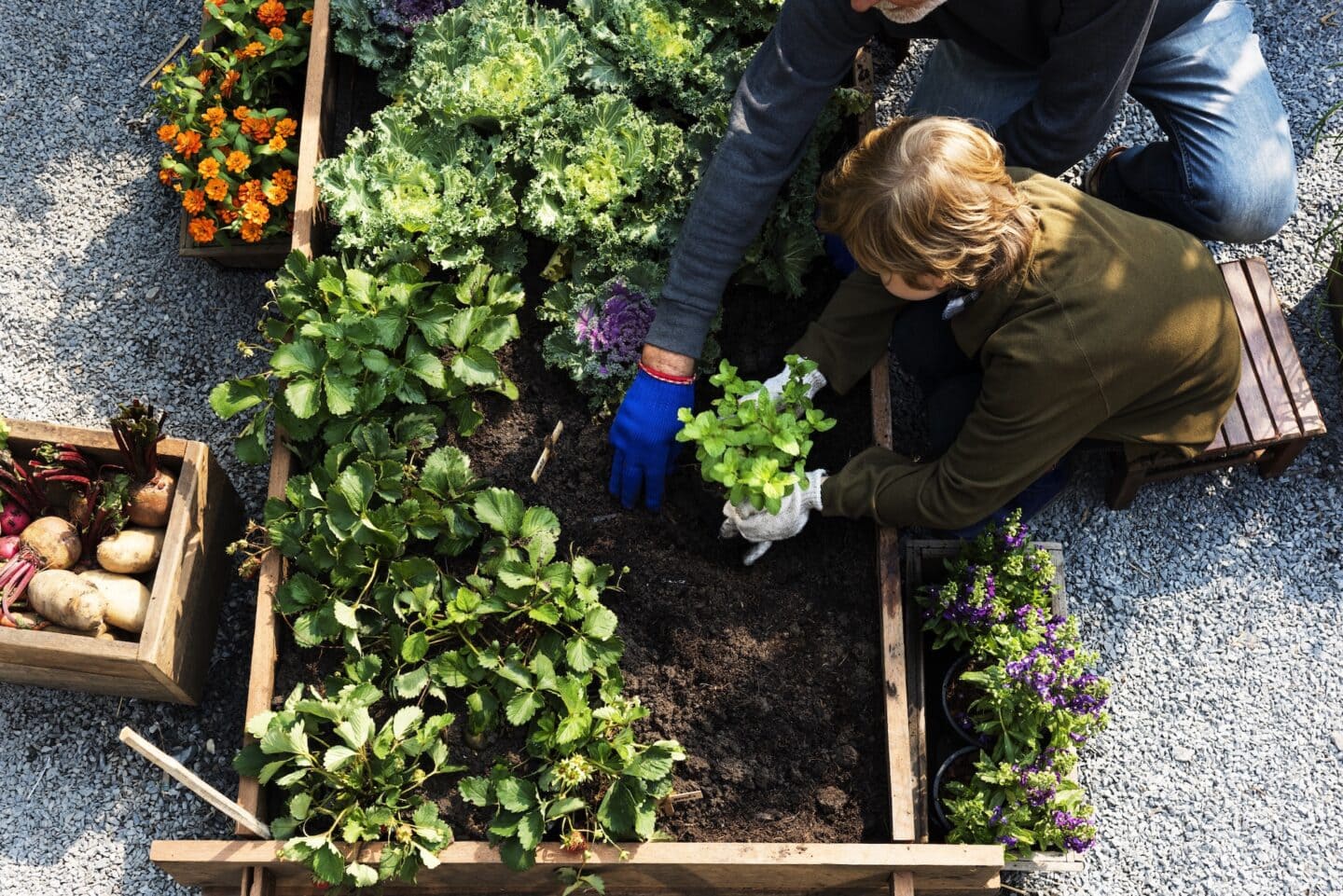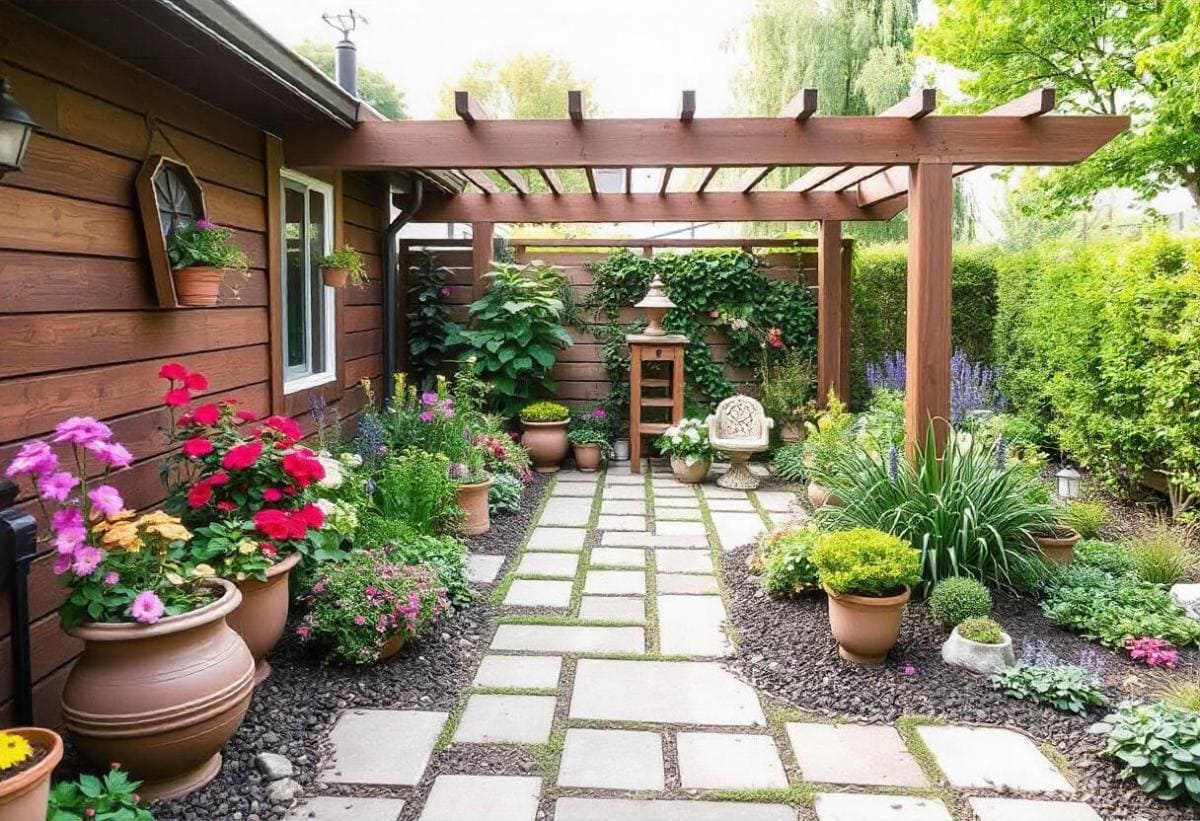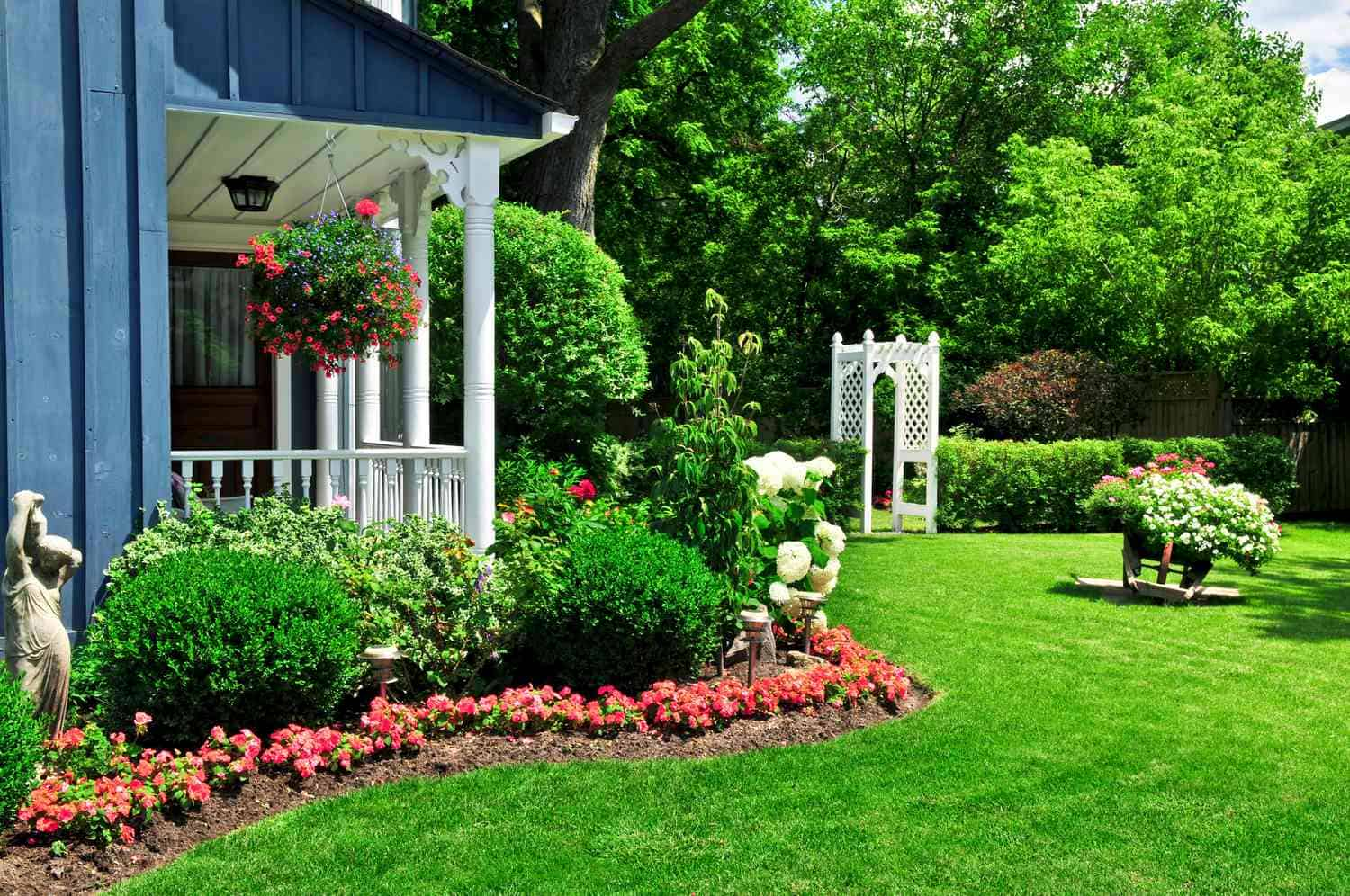Growing healthy plants at home is a fulfilling and relaxing hobby. However, to ensure plants thrive, it’s essential to follow the right methods and routines. Applying the right Expert Gardening Tips can significantly improve the success rate of your gardening efforts.

From choosing the best soil to managing watering schedules, Expert Gardening Tips provide practical solutions. Whether you’re a beginner or an experienced gardener, these insights will help you grow vibrant and disease-free plants right at home.
Choosing the Right Soil for Your Plants
Understand Your Soil Options
One of the most important Expert Gardening Tips is selecting the right soil. Healthy plants start with well-draining, nutrient-rich soil that suits the type of plants you’re growing. A mix of compost, sand, and organic matter often produces excellent results.
A good soil mix promotes strong root development. It also helps maintain proper air and water circulation around the roots. Choosing the right soil is the first step to successful home gardening.
Check Soil pH and Nutrients
Another valuable Expert Gardening Tip is testing your soil’s pH levels. Most plants grow best in soil with a pH between 5.5 and 7.0. Adjusting the pH helps plants absorb nutrients more effectively.
Use soil testing kits to check nitrogen, phosphorus, and potassium levels. This information allows you to apply the correct fertilizers. Understanding soil composition is key to achieving healthy plant growth.
Watering Techniques That Work
Establish a Watering Routine
A consistent watering routine is one of the top Expert Gardening Tips for plant health. Overwatering or underwatering can both damage plants. Aim to water early in the morning or late in the evening.
Use a watering can or hose with a gentle spray nozzle. This prevents water from splashing dirt onto leaves or damaging delicate stems. Stick to a schedule to keep the soil moist but not soggy.
Match Watering to Plant Needs
Different plants have different water requirements. Expert Gardening Tips suggest grouping plants with similar needs together for better results. This makes it easier to water appropriately and avoid stress.
Check soil moisture by inserting your finger about an inch deep. If it feels dry, it’s time to water. Tailoring your watering routine is a simple yet powerful way to grow healthier plants.
Maximizing Sunlight and Plant Placement
Provide the Right Amount of Light
Every plant has its own sunlight preference. A common Expert Gardening Tip is to observe how much direct or indirect light your plants need. Some plants thrive in full sun, while others do better in partial shade.
Track where sunlight falls throughout the day in your garden or indoor space. Use grow lights if natural sunlight is limited. Proper lighting encourages strong stems and vibrant leaves.
Rotate Plants for Even Growth
Rotating your plants occasionally is another excellent Expert Gardening Tip. Plants tend to grow towards the light, which can lead to uneven shapes. By rotating pots every week or two, you ensure balanced growth.
Even exposure to sunlight helps plants stay symmetrical. It also prevents parts of the plant from becoming weak or underdeveloped. This small adjustment makes a noticeable difference over time.
Feeding Your Plants the Right Way
Choose the Best Fertilizer
Feeding plants correctly is one of the most impactful Expert Gardening. Use organic fertilizers like compost or worm castings for long-term health. For faster results, supplement with balanced synthetic fertilizers.
Make sure the fertilizer matches the plant’s growth stage. For example, flowering plants benefit from phosphorus-rich fertilizer. Always follow package directions to avoid overfeeding.
Avoid Over-Fertilizing
Too much fertilizer can harm your plants. Another key Expert Gardening is to fertilize in moderation. Excess nutrients can cause root burn or lead to excessive leafy growth with fewer flowers.
Water your plants after fertilizing to help distribute nutrients evenly. Observe how your plants react to each feeding. If you see signs of stress, reduce the frequency or amount.
Preventing Pests and Plant Diseases
Inspect Plants Regularly
Preventing problems is better than solving them. Expert Gardening include checking plants regularly for signs of pests or disease. Yellowing leaves, holes, or unusual spots often indicate trouble.
Take time to examine the undersides of leaves where insects often hide. Early detection allows you to take action before the issue spreads. Consistent observation is a vital gardening habit.
Use Natural Pest Control
Using organic methods is one of the most sustainable Expert Gardening. Spray plants with mixtures of neem oil, garlic, or soap to deter pests. These natural remedies are effective and safe for the environment.
Apply treatments weekly, especially during warm months. Focus on infested areas and reapply after rain. Staying on top of pest management keeps your garden flourishing all year long.
Conclusion
Implementing these Expert Gardening can make a noticeable difference in your plant care routine. By focusing on soil health, proper watering, lighting, feeding, and pest control, you create a strong foundation for plant growth. Small, consistent actions lead to big results over time.
Remember, Expert Gardening are most effective when applied regularly and thoughtfully. The more attention you give your plants, the more they will reward you with beauty and vitality. Gardening is not just about growing plants—it’s about growing patience, care, and joy in every green leaf.



